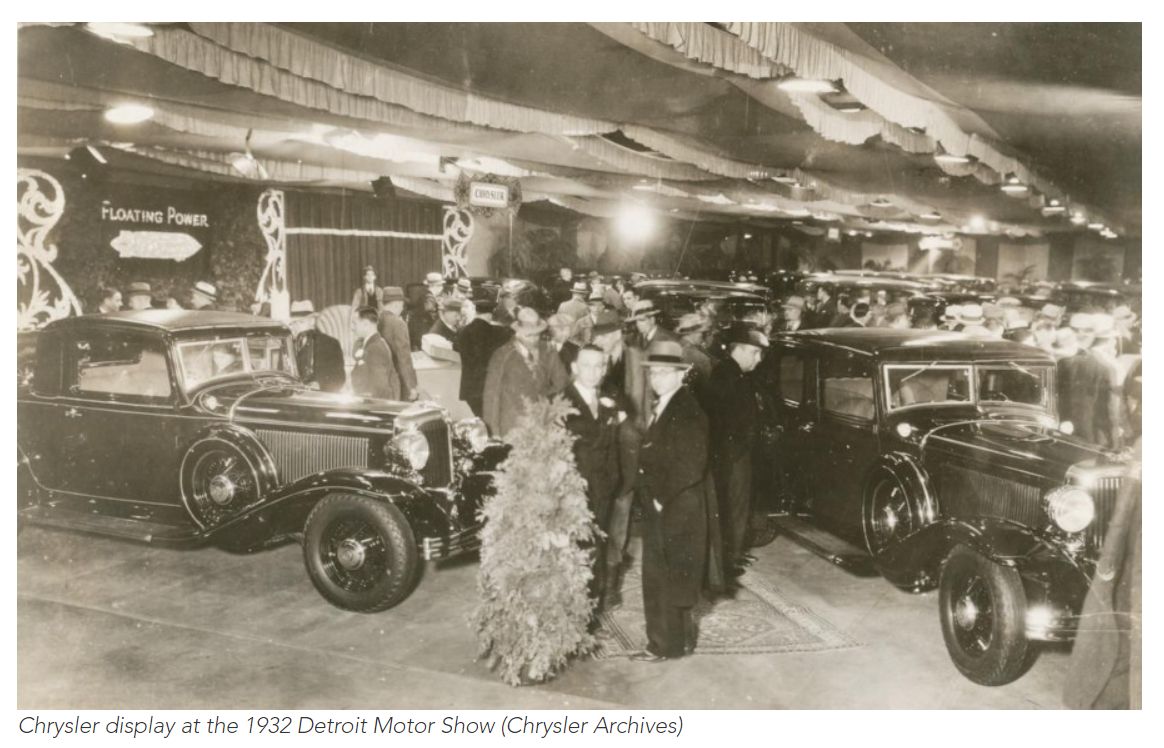The Detroit Auto Show, also known as the North American International Auto Show (NAIAS), stands as a venerable institution in the world of automotive exhibitions. For over a century, this event has showcased cutting-edge technology, groundbreaking designs, and automotive innovation, making it a vital platform for automakers worldwide. Its history and enduring significance make it a key event in the global automotive industry.
Detroit Auto Show Roots
The roots of the Detroit Auto Show can be traced back to 1907 when a group of local car dealers organized the first exhibition in Detroit. It was initially held at a local yacht club, but as its popularity grew, it moved to more spacious venues. By 1965, it had evolved into the North American International Auto Show and began to draw international attention. This evolution mirrored the rise of Detroit as the heart of the American automotive industry.
Throughout its history, the Detroit Auto Show has been a launchpad for groundbreaking vehicles. Iconic cars like the Ford Mustang, Chevrolet Corvette, and Dodge Viper all made their debut here. Automakers use the show as an opportunity to unveil their latest models, cutting-edge technology, and prototypes. This tradition of innovation has played a crucial role in shaping the industry.
The Detroit Auto Show has not only been about flashy cars but also about addressing the broader challenges facing the automotive industry. It has been a platform for discussions on issues such as fuel efficiency, environmental concerns, and the future of mobility. As the industry has evolved, so too has the show, with a growing focus on electric and autonomous vehicles. The show has become a hub for fostering dialogue and collaboration among industry leaders, policymakers, and innovators.
In conclusion, the Detroit Auto Show has a rich history dating back over a century and has played a pivotal role in the automotive world. Its ability to adapt to changing times and remain relevant underscores its importance. As the automotive industry continues to evolve, the Detroit Auto Show will likely remain a crucial platform for showcasing innovation, addressing industry challenges, and shaping the future of mobility.


